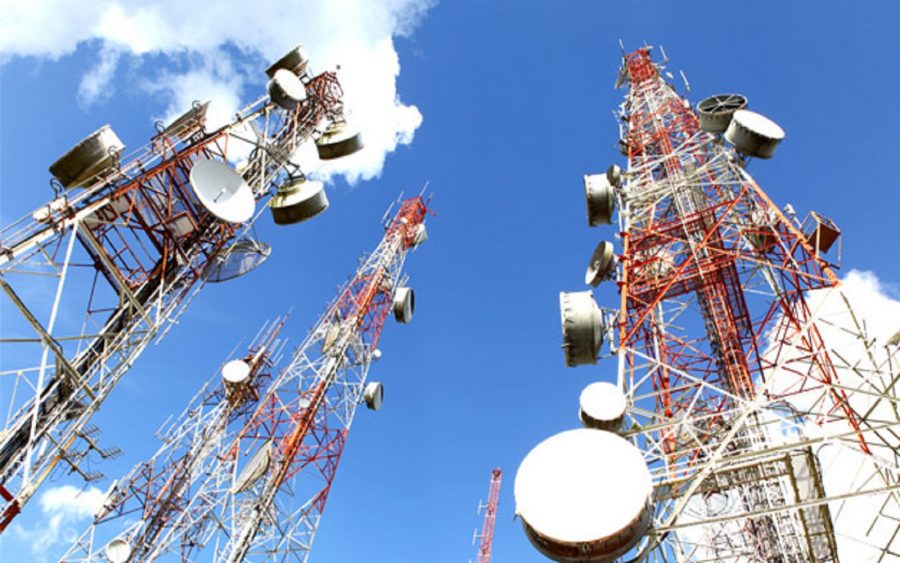The World Bank says it has committed $8.5billion to fund critical infrastructure, agriculture and education in Nigeria. This was stated by the World Bank Emergency Coordinator Director to Nigeria, Shubham Chaudhuri during a summit organised by his office in Abuja yesterday. Though he noted that the amount allocated for the country is still meagre compared to what the country actually needs to cater for its teeming population, saying about $2.5billion to $3 billion of the said money has been channelled to fund Education. According to Mr Chaudhuri, half of the Nigerian population is less than 17years, and this signified that the country need prioritise investing more in human capital development than other non-critical sectors.
The global expert revealed that the future of the country will rely more on how much percentage of its population could acquire education for its future growth by ensuring a substantial percentage of the population goes to school.
However, he faulted Nigeria that instead of the country to mobilise its resources to send its teaming population to school, the country is busily earmarking a chunk of N6.7trillion into petroleum subsidy payment, describing the move as financial indiscipline.
He queried that, a country with about 10.1 million children that are out of school, according to the Education Ministry is mobilising N6.7trillion for petroleum subsidy instead.
Experts have accused the Nigerian government of financial indiscipline for allocating such an amount into subsidies as it will have its toll on the economy at the later date.
According to Professor Jonathan Aremu, a former CBN Assistant Director and Senior Lecturer at Covenant University, subsidies distorted the market, making it difficult for products to find their real value.
Aremu said, “In economics, the subsidy is always bad. Yes, quite a lot of people depend on fuel, which is why they have continued to subsidise petrol, but we don’t know how much is really spent on subsidy.”
He advocated that the next administration should not only remove subsidies but should provide incentives for the masses.
Similarly, a professor at the Nnamdi Azikiwe University, Uche Nwongwugwu throws his weight behind the total removal of subsidies.
Though he said removing now would spell a lot of hardship on the population but the country needs to proffer an alternative way.
Nwongwugwu explained, “The PIA has made NNPC a limited liability company that can seek profit. This is a good base for solving the subsidy. It is acknowledged that the nation has been subsidising consumption and now she wants to channel to production. Expanding the market locus to include neighbouring countries of Cameroon, Ghana, Niger, Mali and Sudan where it is sold for about N300- N400 equivalent per litre will recoup all monies and also bring profit.
“It will also completely eradicate the activities of smugglers. Under Africa's free trade charter, NNPC can sell to neighbouring countries while giving the nation a breathing gap to solve the domestic disequilibria,” he suggested, noting that this could enable the country to fix the subsidy imbroglio.


















